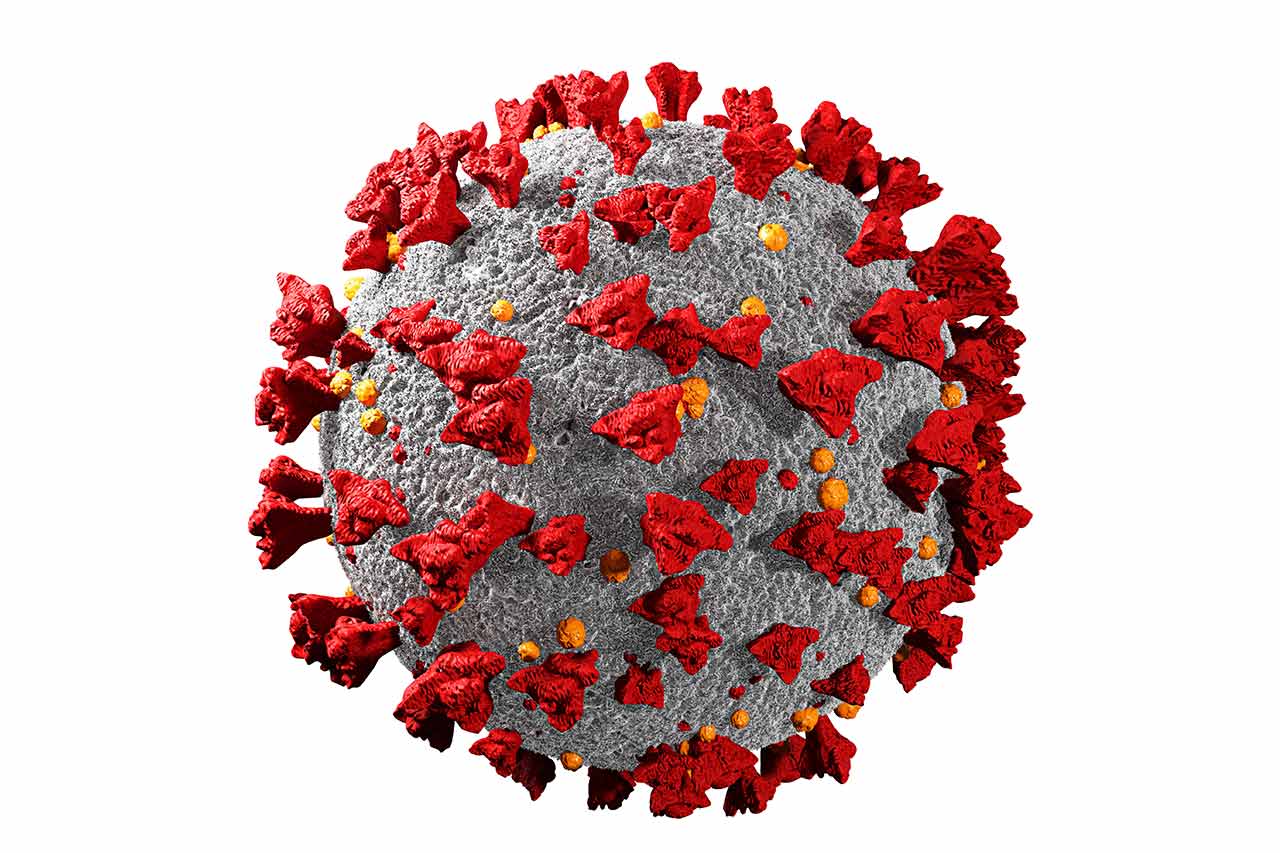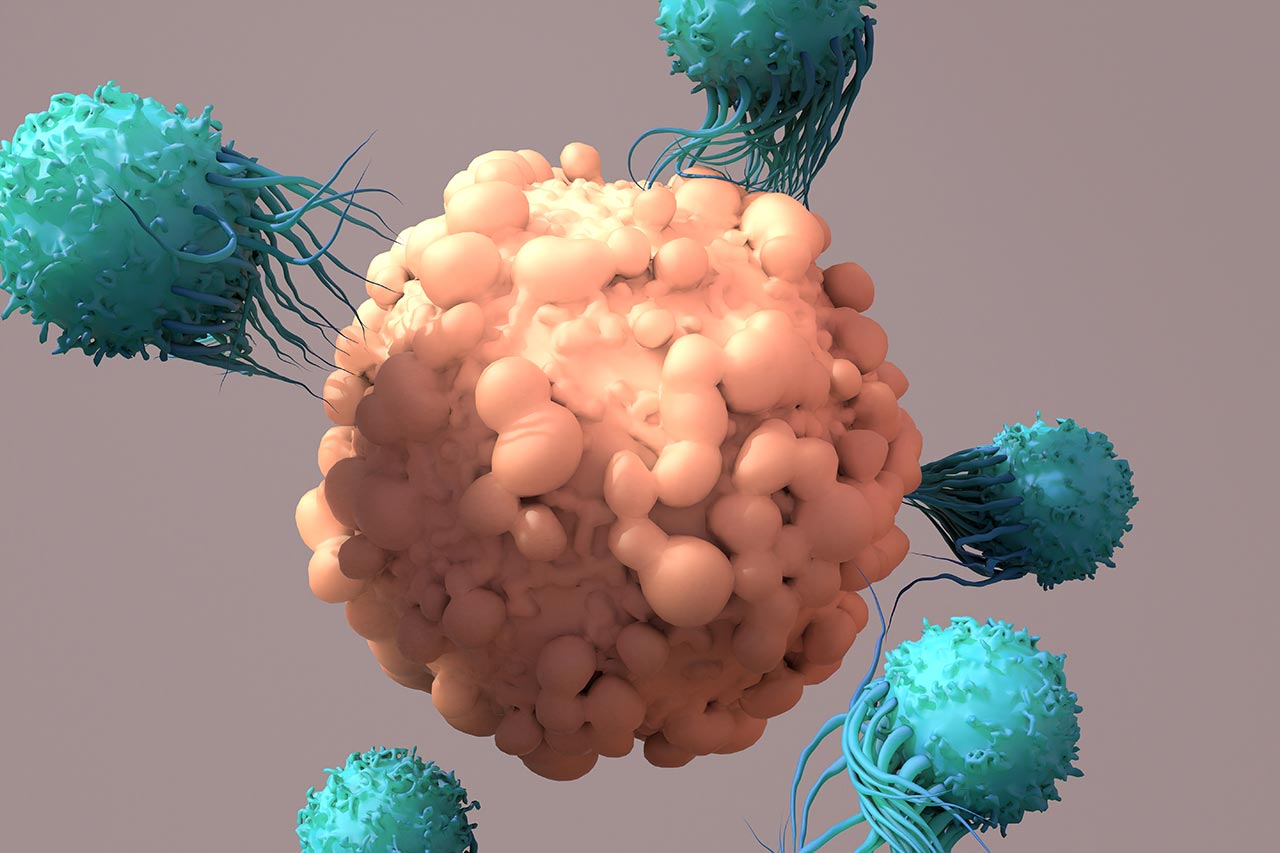With an estimated total of 31,000 new cases and more than 23,000 deaths in 2018, lung cancer is the 3rd most common cancer, the most diagnosed cancer and the 1st cause of cancer death in France. Despite a record number of diagnoses, more than three quarters of lung cancer patients are diagnosed at an advanced stage. This is one of the reasons why only 14% of patients diagnosed in France survive their cancer after 5 years, while their survival rate reaches 47% if they are diagnosed at stage 2 and 92% at stage 1. Early diagnosis (stage 1 or 2) is therefore one of the key issues in this disease. Alcimed is interested in the reasons for the difficulties of diagnosis and above all in the innovations that can be used to respond to these difficulties.
What are the challenges and opportunities in the field of lung cancer diagnosis?
The current diagnostic methods are numerous, but invasive and imprecise. Performing a complete check-up is therefore often long and anxiety-provoking for patients. In addition, in the absence of a national early screening program, patients are generally screened late following the appearance of worrying symptoms, once the disease has reached a critical stage. The development of new approaches is therefore necessary to diagnose patients as early and accurately as possible, and thus improve their management.
Unlike other cancers, symptoms such as fatigue, loss of appetite and weight loss rarely occur in the early stages of lung cancer. More worrying symptoms such as chest pain or persistent coughing don’t appear until it’s too late, when the tumour has already reached an advanced stage. Moreover, these symptoms do not always prompt patients to be screened, as they also occur frequently in smokers who do not suffer from this cancer. Thus, the diagnosis is very often late, especially since there is no systematic early detection program in France.
Today, the diagnostic check-up is based on a clinical examination, a chest X-ray, a chest CT scan and, if necessary, a biopsy. Unfortunately, up to 90% of abnormalities detected by chest CT after further examination. These false-positive findings, combined with concerns about radiation exposure and the frequent complications of invasive procedures, make early diagnosis difficult. In addition, because of the long delay between the time the tests are performed and the results of the analyses (4-5 months), up to 25% of patients start cancer treatment without their doctors having had the opportunity to review the results.
There is therefore an urgent clinical need for the development of alternative non-invasive approaches to improve screening for this condition in the French population, and in particular in high-risk individuals.
What are alternative approaches to meet the challenge of early diagnosis of lung cancer?
Today, new technologies and approaches have been developed to overcome the current limitations mentioned. We have selected 3 innovative solutions to follow.
Smokecheck: an app to raise awareness and detect warning signs
Smokecheck is a medical application that asks its users to regularly answer a questionnaire on symptoms indicative of lung disease. The app does not give a diagnosis, it identifies the people most at risk and encourages them to consult a doctor quickly. Since 2019, the app is available for free on IOS and Android and has already been the subject of several clinical studies. The results show two benefits:
- Disease detection: the user is alerted if the algorithm detects abnormal symptoms. In this case, they are encouraged to contact their doctor. A study conducted on a sample of 6800 people indicates that nearly 7% of smokers show signs of cancer, 14% signs of chronic obstructive bronchitis and 16% of coronary heart Clinical trials, based on a sample of 3085 people – smokers and people who have quit within the last five years – indicate that 70% of smokers have at least one concerning symptom.
- Quitting incentive: Users learn more about the symptoms of diseases they are likely to face, which motivates them to self-test earlier and encourages them to quit smoking. 49% of users say they want to reduce their consumption and 37% say they intend to quit.
Learn more about the challenges of ehealth >
DELFI: A non-invasive test for stage I/II cancer patients
DELFI is a new blood testing technology developed by researchers at the John Hopkins Kimmel Cancer Center. The test uses artificial intelligence to diagnose cancers at an early stage, when they are asymptomatic, by identifying It works with commonly used laboratory methods and instruments, with the ambition of making screening affordable and accessible to all.
When DELFI is followed by CT imaging, the test can detect 91% of patients with stage I/II cancers Despite promising results, the test has a specificity rate of 80%, which means that 20% of people without lung cancer would also test positive. Delfi Diagnostics aims to launch a clinical study to validate the use of its technology as a commercial screening test for lung disease. Recruitment of 1,700 participants has already begun.
Optellum Lung Cancer Prediction: image analysis software to better process chest scans
This clinical decision support software is intended for pulmonologists and radiologists to better manage patients with lung lesions. The software is particularly useful when lung nodules are detected in patients but whose malignancy is difficult to assess by the physician: when the risk of cancer related to these nodules is between 5% and 65%, patients usually undergo multiple procedures and tests for several months before arriving at a definitive diagnosis. This often leads to a delay in starting treatment for cancer patients and unnecessary aggressive procedures for patients with benign conditions. With Optellum Lung Cancer Prediction, lung nodules were diagnosed. Optellum received U.S. Food and Drug Administration (FDA) clearance in March 2021 and just announced a collaboration with Johnson & Johnson to accelerate the rollout of its clinical decision support platform.
These three solutions reflect a more global trend of technological and cultural transformation of digital health approaches. They underline the importance of digital technologies for the future screening of patients but also the multidisciplinary approach, as digital health brings around the table various stakeholders (health industrialists, private and public payers, institutions, patient associations etc … ).
If your company is exploring innovations in the field of diagnostics or is looking to improve the management of lung cancer patients, our Healthcare team is here to support you!
About the author,
Alice, Project Manager in the Alcimed’s Healthcare team in France



